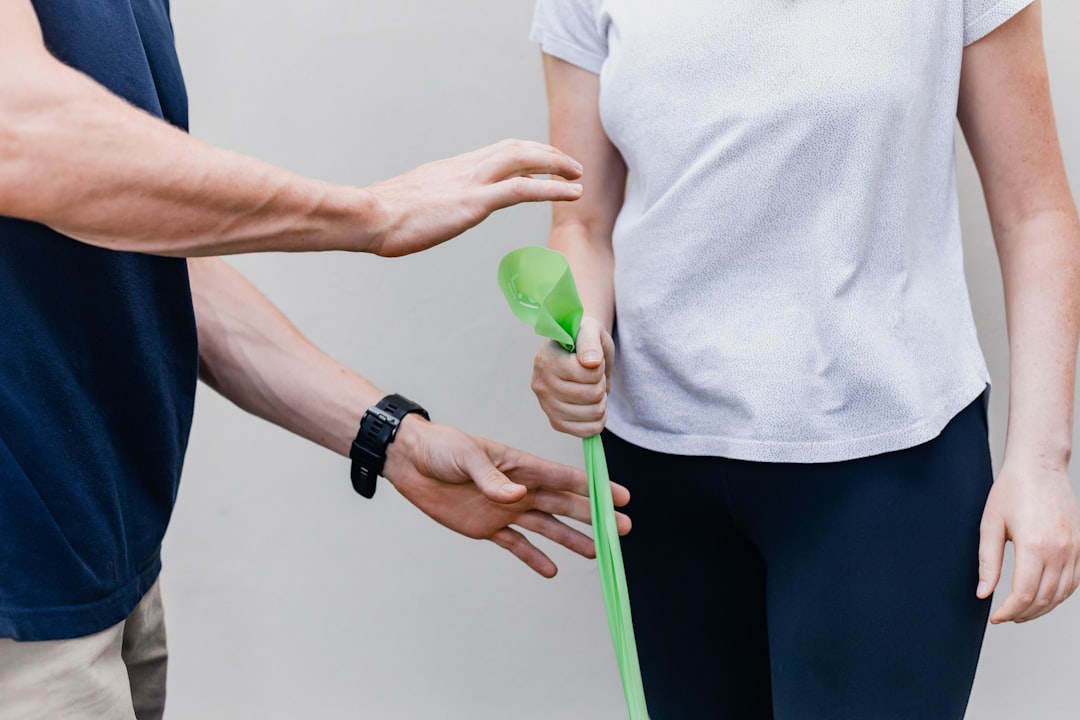Rugby league is a demanding sport that requires a high level of physical fitness, agility and resilience. With the constant physical contact and high-speed collisions, injuries are an inevitable part of the game. For players at all levels, from amateur to elite, physiotherapy plays a vital role in both injury prevention and recovery, ensuring that they can continue competing safely and effectively.
A dedicated rugby league physio understands the unique physical stresses involved in the sport and tailors treatment plans accordingly. These physiotherapists are skilled in assessing acute injuries such as ligament sprains, muscle strains and joint dislocations, as well as managing longer-term concerns like chronic back pain or overuse injuries. Immediate care, such as taping, joint mobilisation and targeted stretching, can often mean the difference between a quick return to play and prolonged time off the field.
Beyond treating injuries, physiotherapy for rugby league players also focuses heavily on rehabilitation and functional recovery. A well-structured rehab programme not only heals the affected area but strengthens surrounding muscles and improves overall biomechanics. This holistic approach helps reduce the risk of future injuries and enhances on-field performance. Many players also benefit from ongoing strength and conditioning sessions with their rugby league physio to maintain peak physical condition throughout the season.
Pre-season screening and regular check-ins are essential tools in a physio’s toolkit. Early identification of movement limitations, muscular imbalances or joint instability allows for corrective strategies to be implemented before they result in injury. This proactive approach is especially important in a sport like rugby league where split-second movements and physical contact are constant. Players, coaches and medical teams all benefit from physiotherapists who provide expert insights into biomechanics and injury trends.
In addition to physical recovery, physiotherapists often support players through the mental and emotional aspects of injury. Being sidelined can affect an athlete’s confidence and motivation. A strong support system that includes regular physio sessions helps maintain morale and provides structure during recovery, giving players clear milestones and goals to work towards.
Facilities that specialise in sports rehabilitation offer advanced treatment options such as dry needling, soft tissue therapy, and hydrotherapy, which can accelerate healing times. They also ensure players receive care that is aligned with the latest evidence-based practice. For athletes serious about their recovery and long-term health, choosing the right physio can significantly impact their performance and longevity in the sport.
For those seeking expert care tailored to the demands of contact sports, services like sports injury management can provide comprehensive support from initial assessment through to full return to play. With the right guidance and rehabilitation strategy, rugby league players can recover faster and perform better.
Ultimately, the role of the rugby league physiotherapist is not just about injury care. It is about building resilience, improving athletic function and ensuring each player can give their best on the field week after week. With expert support, players can enjoy the game they love while protecting their health for the seasons ahead.




